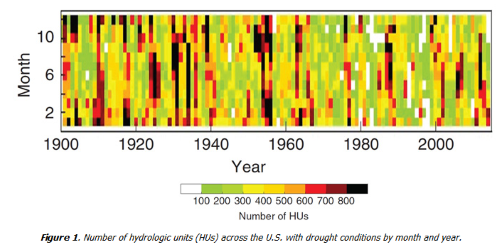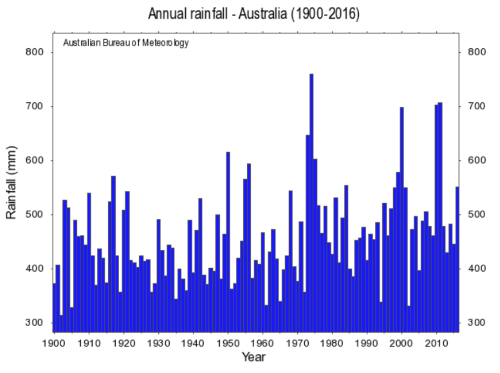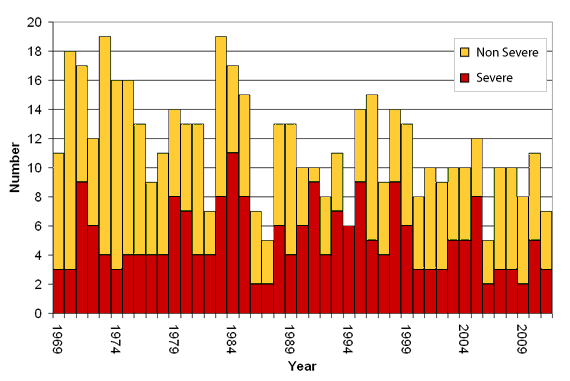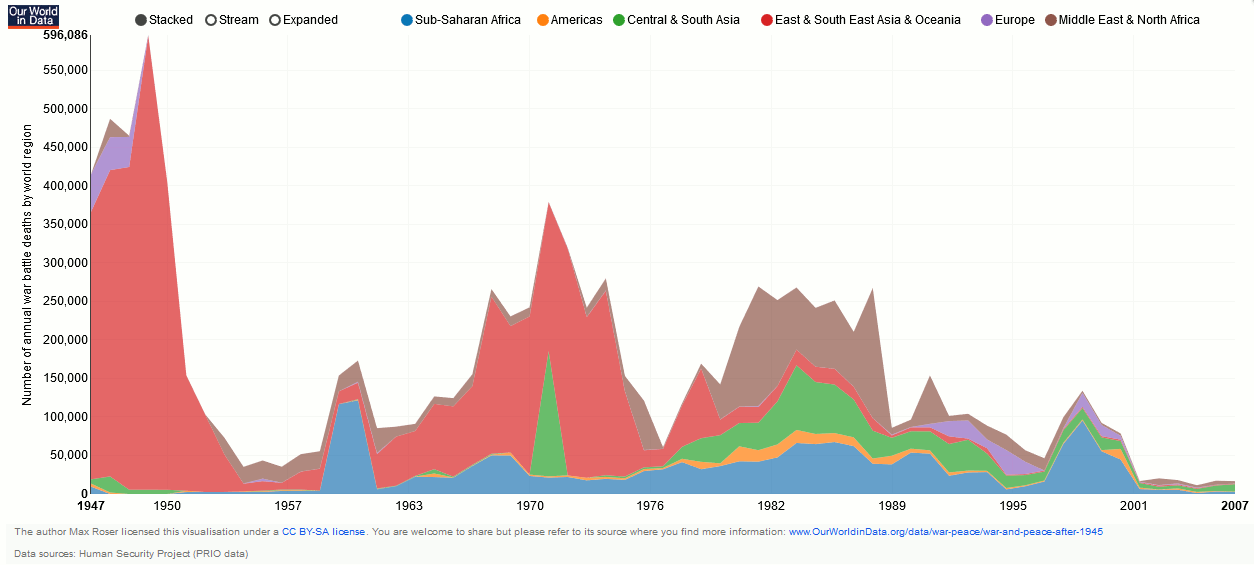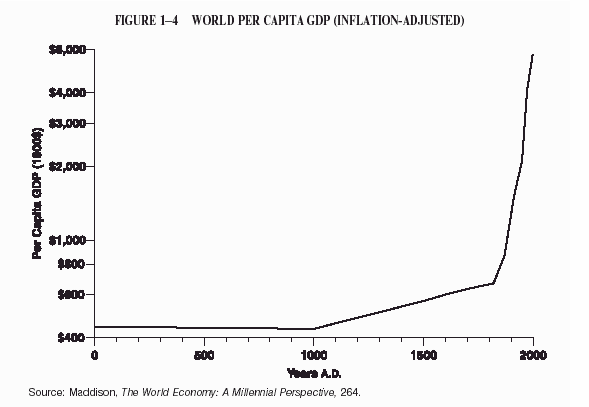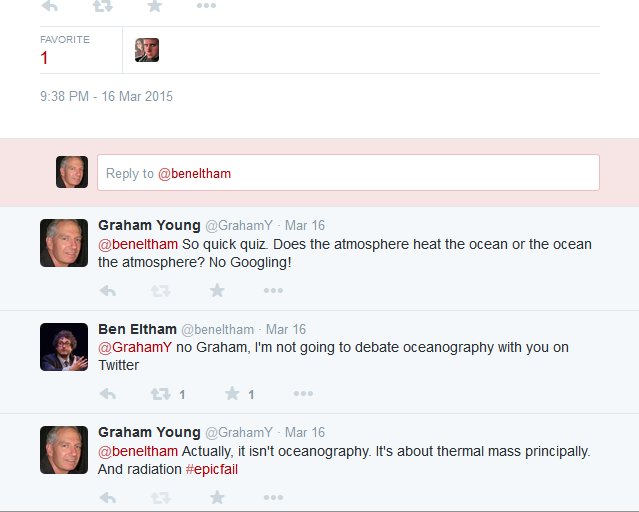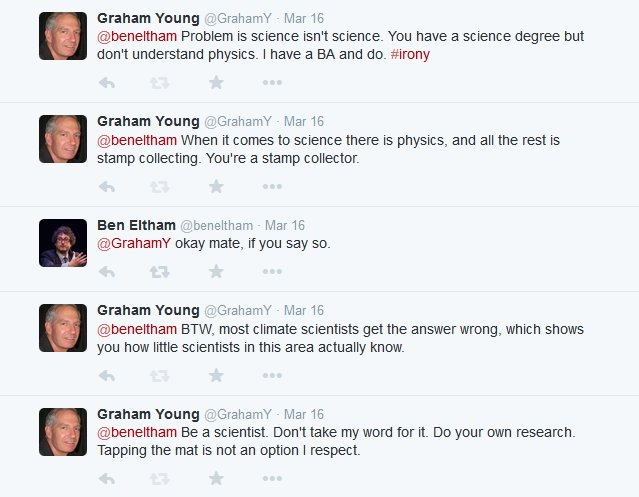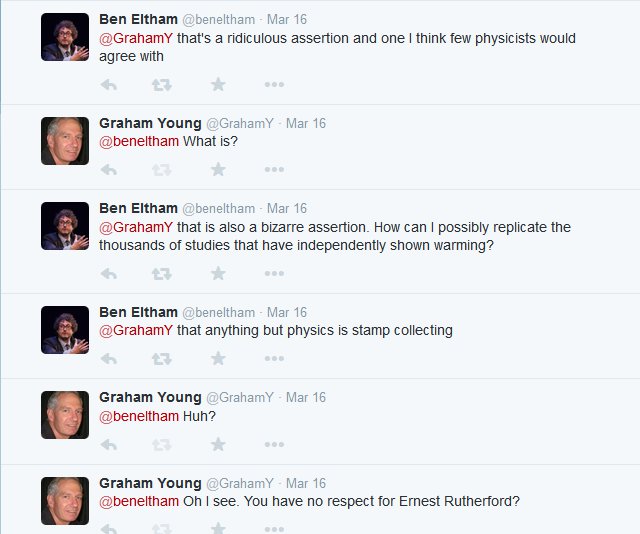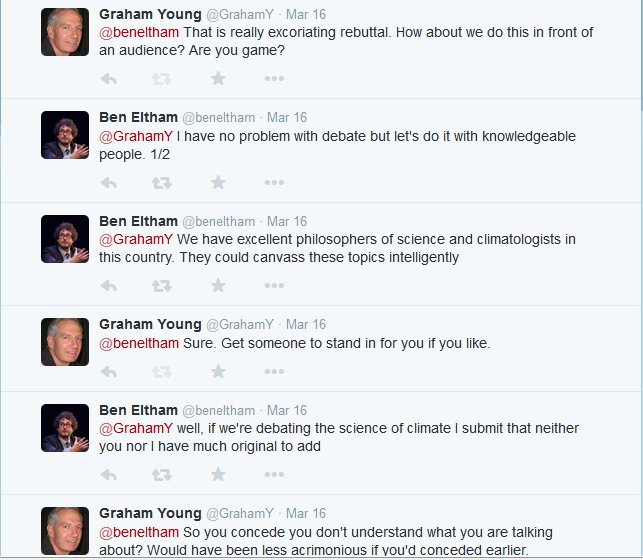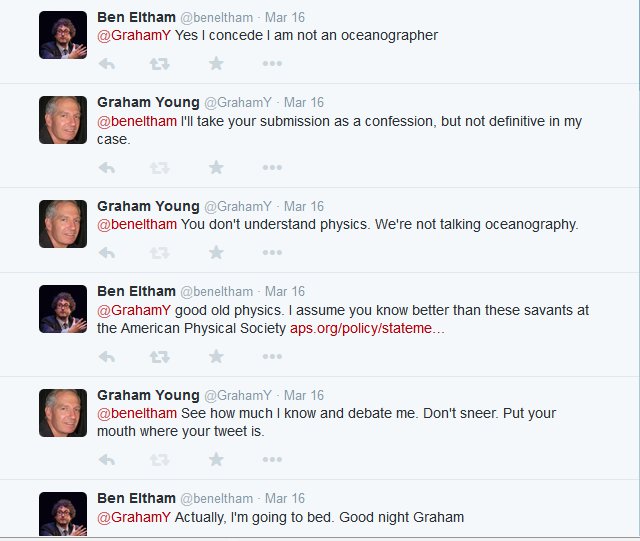Queensland was hit by forest fires, and the Queensland Premier was at it, blaming climate change (and the Australian government):
“If you want to know what caused those conditions, I’ll give you an answer – it’s called climate change,” the Queensland premier told reporters. “It is only the LNP who could watch Queensland burn and then blame the trees.”
Tasmania is burning, and here we have local novelist Richard Flanagan:
Climate change isn’t just happening. It’s happening far quicker than has been predicted. Each careful scientific prediction is rapidly overtaken by the horror of profound natural changes that seem to be accelerating, with old predictions routinely outdone by the worsening reality – hotter, colder, wetter, drier, windier, wilder, and ever more destructive.
But what if they were both right, but for the wrong reason?
Here is an image of the globe showing how is is greening. Land management and CO2 fertilisation is leading to more ground cover on every continent.
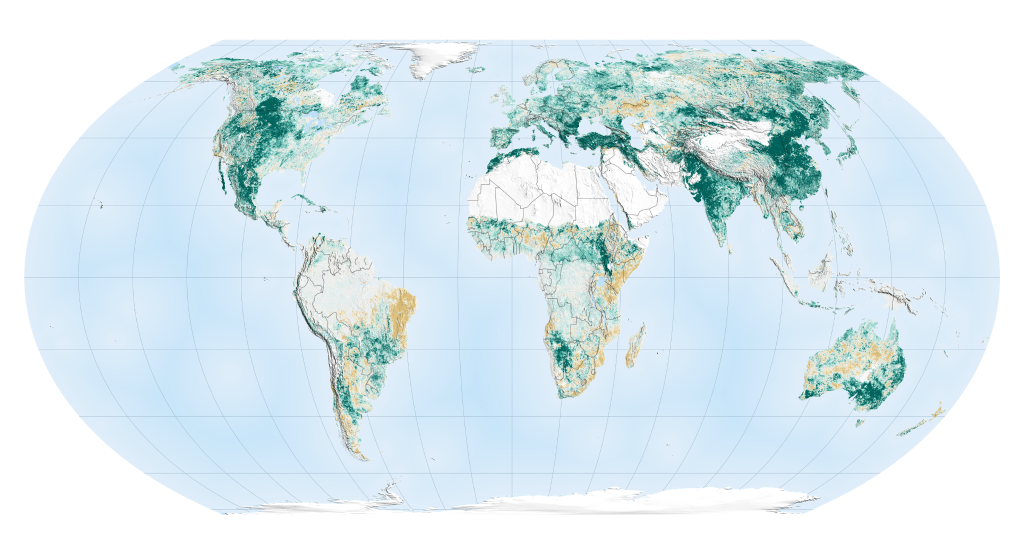 Source: https://earthobservatory.nasa.gov/images/144540/china-and-india-lead-the-way-in-greening
Source: https://earthobservatory.nasa.gov/images/144540/china-and-india-lead-the-way-in-greening
It’s strongest in India and China, where changing land use is the cause, but the east coast of Australia has a lot of spots that have picked-up at least 32% more cover in the last two decades, and that can’t be due to land use. Tasmania is also (contra the claims in Flannigan’s article) getting greener.
More vegetation equals more fire load, which, especially if you do maintenance burning less frequently, surely leads to bigger and more frequent fires.
So at last, a credible link between CO2 and forest fires. Just not the one that the Queensland Premier and the Tasmanian Bard were looking for.
